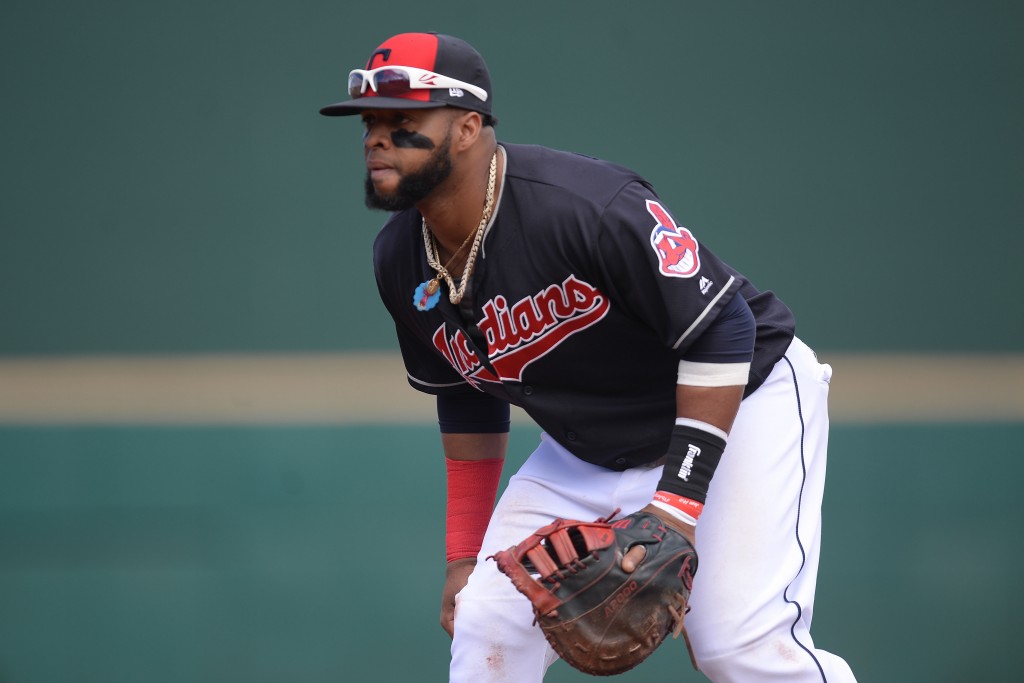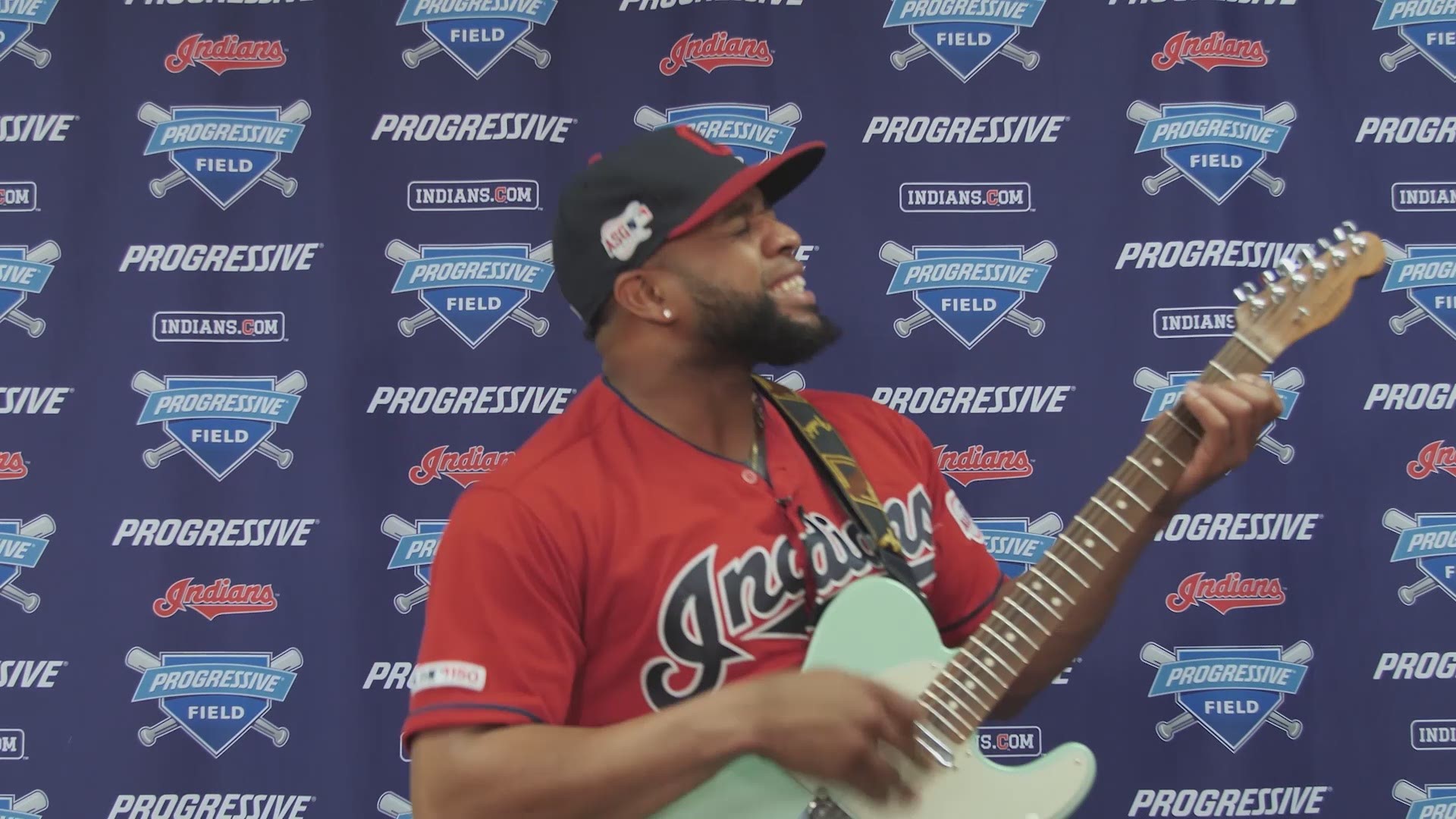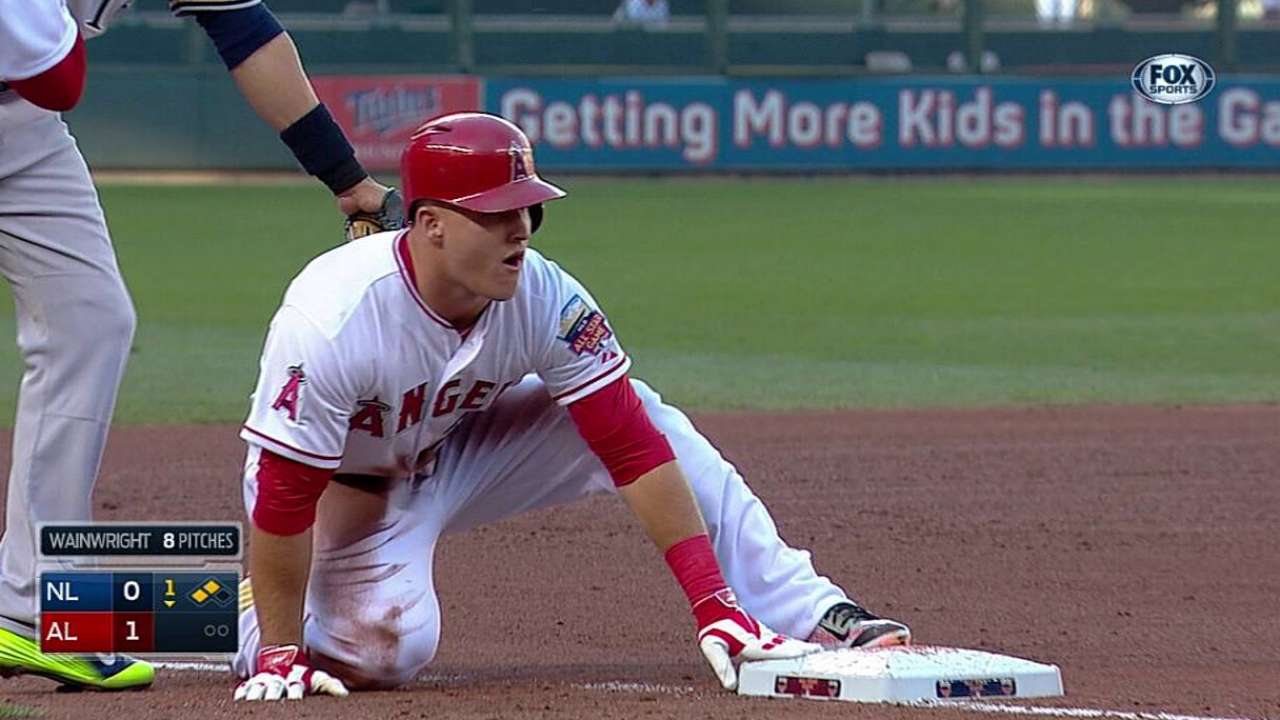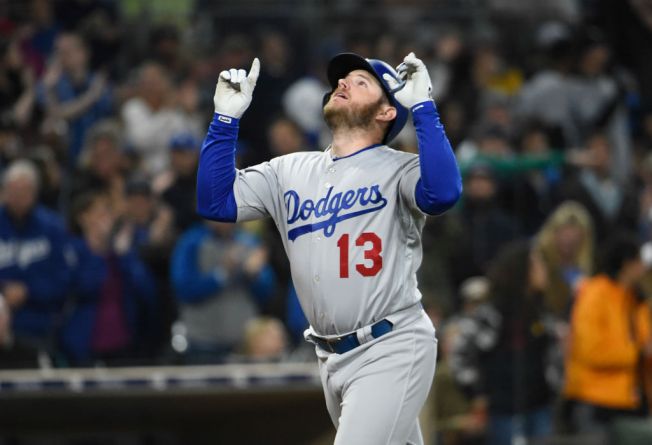(Insert intro here to be worked on)
Carlos Santana made his major league debut on June 11, 2010, and true to his form batted high up in the order debuting third. Santana behind the plate gunned down runners at an above average clip, being a solid defender behind the dish. In the batters box he posted a 260/407/467 slash line, tremendous for any player and especially a catcher. However his season ended in a collision at home plate at Fenway Park with Ryan Kalish, requiring him to be carted off the field.

His season ended abruptly, but returned in 2011 with a vengeance. For a rookie Santana had a tremendous eye, walking more than he struck out, and that trait stayed with him in his sophomore season. Santana proved to be very durable in 2011, playing in 155 games, a trend in his career that would stay. He posted a 128 OPS+, down from his rookie year but still great behind the plate in 95 games, with 66 games at first as well. Apt with the glove, Santana early in the year started a triple play at first base. He made a tremendous dive on a bunt, then doubled off AJ Pierzynski and then Carlos Quinten.

Before 2012 Santana signed a 5 year deal, 21 million dollar deal with Cleveland which would prove to be an underpayment. Despite a slow start to 2012 he still posted a 121 OPS+ and walked more than 90 times in 143 games. In 2013 Santana began to play first and DH more often, with Yan Gomes splitting duties with him. However the position change would not stop Santana, as he posted a 135 OPS+ and as per norm walked more than 90 times while playing over 150 games.

In 2014 Santana was a player without a home. His time as a catcher would grind to a halt as he received a concussion midway through the year. This injury cemented his move away from catching, as Cleveland started Santana 26 games at third. Santana led the AL in walks with 113 even with his concussion, and played more than 150 games again.
The year 2015 brought a change in Santana. His power slumped, leading to a slugging percentage under 400. However Santana would still contribute offensively, taking over 100 walks and stealing 11 bases on 14 tries. While playing his consistent 150 games.
2016 was the year it all came together for Santana and the Indians. Santana spent the majority of the year at DH, as the Party at Napoli's took over his spot at first. However Santana would still have his own festivities in his time at first, catching the final out in the ALCS to sent the Indians to the World Series in which they would lose to the Cubs in 7 games.

2017 was more of the same for Santana. 150 games, but only (gasps) 88 walks. Santana silenced critics who called him a DH type, as he posted stellar metrics at first base throughout the whole year and won the Fielding Bible award. Eager to bolster their lineup, Philadelphia snatched up Santana on a three year deal.

His time in Philly was not one worthy of remembering. He was relatively average with the bat that year, while the Phillies shifted him from corner to corner in the infield as the Phillies tanked at the end of the year. At the end of the disappointing season, with Gabe Kapler having seemingly little control over his players, several players during games retreated to the clubhouse to play Fortnite. This tradition ended when Santana smashed the TV with a bat. He then finished the year playing more then 150 games (again) and walking triple digits for the third time in his career.

Seemingly displeased with the prospects of keeping Santana on the roster in 2019, he was shipped off to Seattle in exchange for Jean Segura. Ten days later, he was traded back to Cleveland for Edwin Encarnacion. Santana was a big reason why Cleveland managed to stay around long enough in the division facing the Twins, as his everyday presence and quality bat netted him his first career All Star appearance, as at the end of the year he posted the 3rd best OBP in the American League. Santana also was a participant in the Home Run Derby, as the rest of baseball finally figured out that this Carlos Santana guy is pretty good as he posted 108 walks to 108 strikeouts.

/cdn.vox-cdn.com/uploads/chorus_image/image/35655872/jeff_1.0.jpg)
/cdn.vox-cdn.com/uploads/chorus_image/image/35658474/20140715_jla_sr6_191.jpg.0.jpg)





